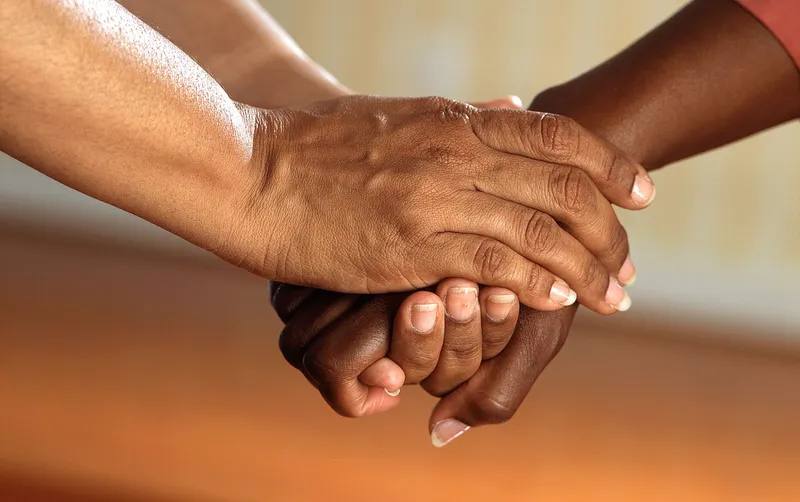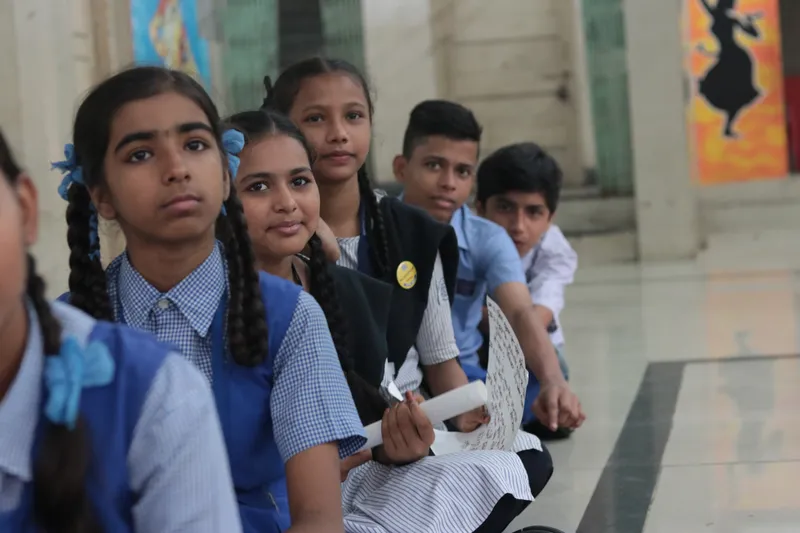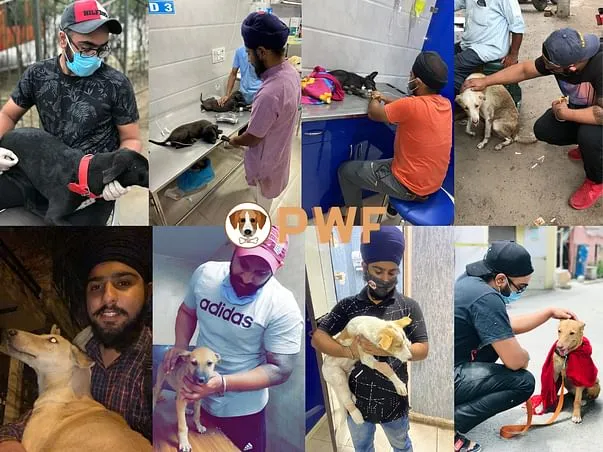Meet 5 NGOs that did exemplary work during the COVID-19 crisis
SocialStory lists five NGOs that worked towards creating an impact when the pandemic-led nationwide lockdown disrupted normal life.
During March 2020 when the nation announced the lockdown to curb the novel coronavirus, Prime Minister Narendra Modi called on non-government organisations (NGOs) to help the government — by providing basic necessities to the underprivileged, supplying medical and protective gear and assisting with awareness campaigns on social distancing. NGOs, across the country, took on the challenge.

Several communities benefitted through these organisations. NGOs, in the first week of May, delivered services to the poor as well as health and community workers.
Recently in November 2021, Health Minister Mansukh Mandaviya lauded the work of NGOs and civil society organisations during the Covid crisis.
SocialStory looks into some of these NGOs and the work they did during the pandemic.
CRY
During the lockdown period, CRY’s (Child Rights and You) efforts, along with its partner NGOs, have been concentrated on reaching all households as far as possible, with basic health and hygiene kits for the children and their families.

CRY has been spreading awareness, distributing relief materials and advocating for the access and availability of services to the communities and children. Awareness-building programmes covered topics like social-distancing, best practices related to public health and hygiene and behaviour change, sanitisation, use of face masks, following government guidelines during the lockdown period and ways to protect people from community spreading of the epidemic.
Goonj
Delhi based community development NGO Goonj worked with local vendors, partners and volunteers to listen to what’s happening on ground, understand and fulfil the needs of the missed-out communities, including transgenders, sex workers, patients, daily wage workers, institutions like old age homes, etc. who need immediate supply of ration, hygiene essentials, masks, gloves, medical kits etc. Additionally Goonj stood with them, gave voice and visibility to their challenges.
Salaam Bombay Foundation
has taken up certain initiatives to keep the slum children engaged, mentally and emotionally while using technology to hone their skills and create an environment which is positively reinforcing. These are the kids who belong to the 56 percent of the Mumbai city's slum population that live in rooms which are as small as 10 x 10 feet, with sometimes no sunlight and ventilation.

With an aim to curb the digital divide faced by these underprivileged children during the crisis, the foundation also organised an online fundraisers. Additionally, it addressed issues like mental health arising among children as a result of increase in stress levels due to the fear of contracting COVID-19 and staying indoors in congested homes.
Perroayuda Welfare Foundation
Youth-based organisation Perroayuda Welfare Foundation has been focussed on feeding the ignored and voiceless souls in the street- animals. The NGO’s main objective is to lend a helping hand to stray animals in need wherever one finds them, provide them with food, care, love, medical treatment, and organise fun feeding drives for awareness and adoption.

During the COVID-19 pandemic, over 111 active volunteers continued to feed their local strays. On average, they feed over 900 strays throughout Delhi-NCR and in a few parts of Ghaziabad. Due to the lockdown, the volunteers fed stray dogs and other animals in their locality.
SaveLIFE Foundation
SaveLIFE Foundation (SLF), which traditionally works in road safety and emergency medical responses, responded to SOS calls from its Government and hospital partners during the pandemic. An internal team was quickly put together with experiences ranging from disaster relief to military supplies to emergency response.
Additional staff was allocated to mobilise resources for procurement. On April 25, 2021, SLF placed its first order for 224 Oxygen Concentrators for Delhi. Over the next several days, additional orders were placed for over 600 Oxygen Concentrators and 1500 Type D Oxygen Cylinders. In addition to the Oxygen crisis response, the NGO’s data science and emergency response teams continued to oversee ambulance response in Delhi — tracking and optimising it to ensure the fastest possible response.
Edited by Affirunisa Kankudti


![[Year in Review 2021] Amid COVID-19, these 10 non-profits created social impact this year](https://images.yourstory.com/cs/5/79900dd0d91311e8a16045a90309d734/collage-1640102486726.png?fm=png&auto=format&h=100&w=100&crop=entropy&fit=crop)






